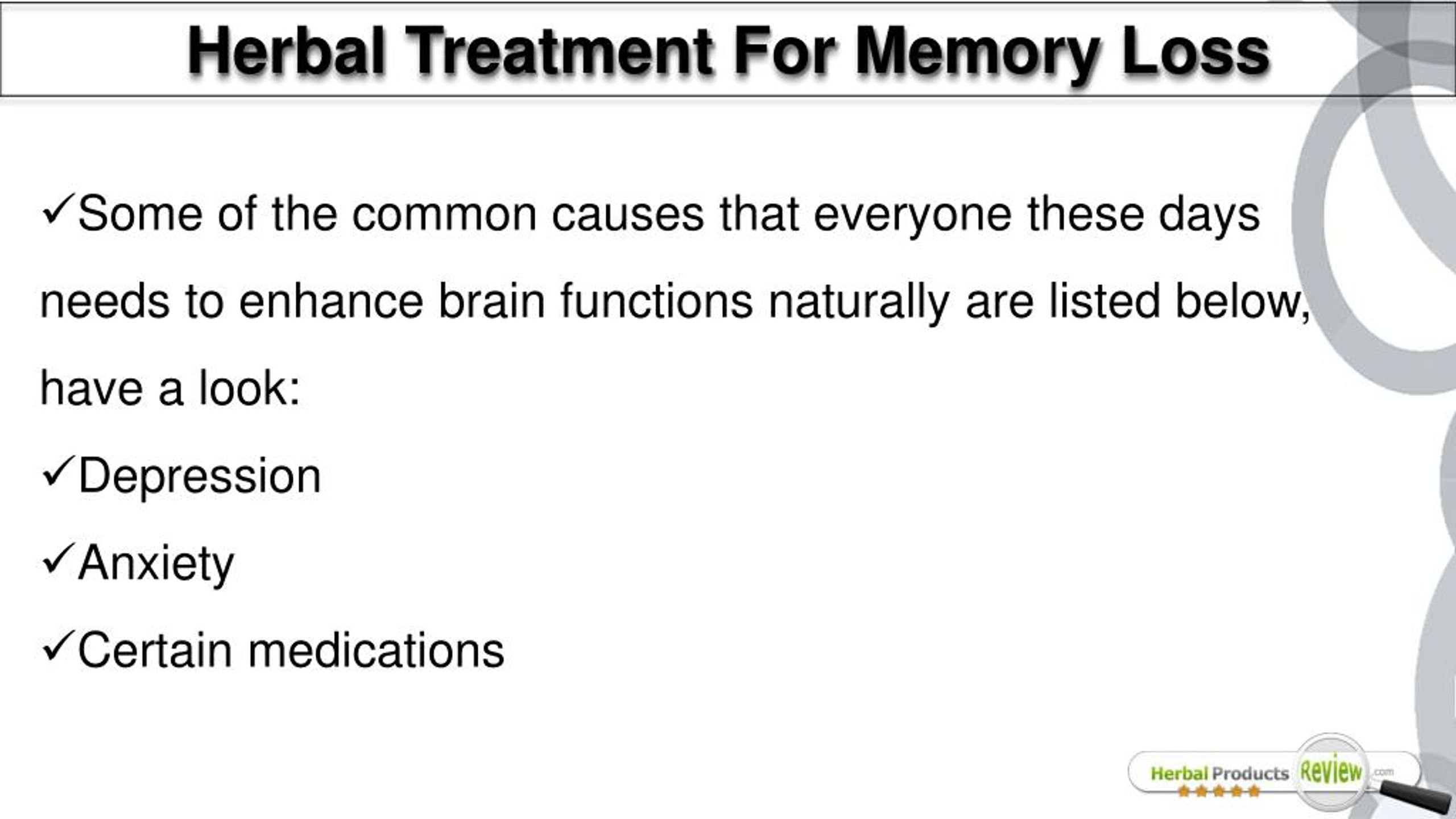

Ginkgo biloba is an extensively researched medicinal plant that can improve memory and slow cognitive decline. Patients with Alzheimer’s may have low levels of magnesium, and supplementation has prevented memory loss in animal models. Magnesium plays an important role in the central nervous system. Animal studies have shown omega-3’s protect the brain from amnesia caused by ischemia, medications, and lead poisoning. Supplementation with omega-3 fatty acids is good for brain health and can improve working memory. Another potentially neuroprotective compound, PQQ, may improve cognitive function and prevent neuronal death associated with amnesia. CoQ10 can protect parts of the brain from ischemic damage (such as from a stroke) and reduced behavioral effects of amnesia in animal models. It has been shown in animal models to improve neurodegenerative dysfunction in Alzheimer’s, stroke, head trauma, and others. Acetyl-L-carnitine may have various neuroprotective effects. Supplementation with B vitamins may slow cognitive decline. High levels of homocysteine, which is associated with B vitamin insufficiency, can damage neurons. The B vitamins (folate, thiamine, B6, and B12) are essential for brain and overall health.

Phosphatidylserine, another lipid component of neurons, has been shown to improve cognition, memory, neuron health, and more in multiple clinical studies. A form of choline, alpha-glycerylphosphorylcholine, has been shown to improve memory, attention, concentration, and cognition in many clinical studies. Choline is a lipid component that supports the structure and function of neurons. What Natural Interventions May Be Beneficial for Memory? Hormone therapy with pregnenolone and/or dehydroepiandrosterone (DHEA) may have implications for memory disorders.Electrical stimulation, such as transcranial direct current stimulation, may improve working memory and recognition.Piracetam, a synthetic derivative of the neurotransmitter GABA, has gained interest for treating memory problems.Guanfacine, an ADHD medication, may improve memory problems.If there is an underlying medical condition, treating that may relieve the amnesia (eg, cholinesterase inhibitors and NMDA receptor agonists to treat Alzheimer’s thiamine supplementation to treat a thiamin deficiency).What are Conventional Medical Treatments for Amnesia? Inability to recall events or previously acquired information.What are the Signs and Symptoms of Amnesia? Alzheimer’s disease and other forms of dementia.Deficiencies of vitamins and other nutrients, such as vitamin B12 or thiamine.




 0 kommentar(er)
0 kommentar(er)
